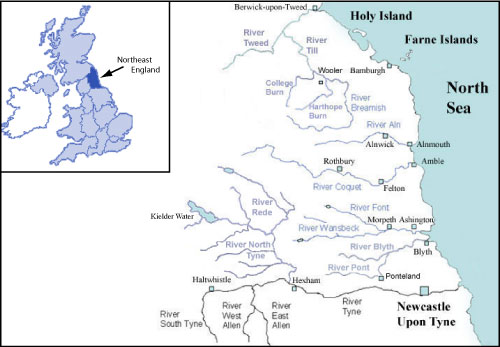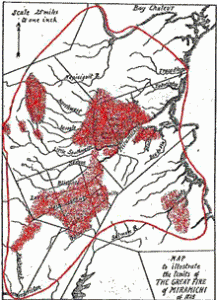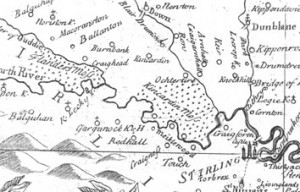The inter-relationship of human beings and the natural world, and the influence of the physical environment on a community’s social and cultural development, is very well demonstrated in societies that face the persistent threat and reality of disasters. A prime example is the Philippines. Consisting of over seven thousand islands and located in an extremely hazard-prone area, the Philippines as a whole experiences more earthquakes, volcanic eruptions and tsunamis than any other country on earth. Although western social sciences typically depict “disasters” as abnormal occurrences, communities and individuals in the Philippines have come to accept hazard and disaster as a frequent life experience. Indeed, in a number of respects, Filipino cultures can be regarded as the product of community adaptation to these phenomena. This has consequences for the historical, social and cultural development of societies.
In this episode of the podcast Greg Bankoff, professor of modern non-western history at the University of Hull explores how the persistent threat and reality of disasters shapes the history, social and cultural development of societies.
Website mentioned in this podcast: University profile page of Professor Bankoff.





Recent Comments